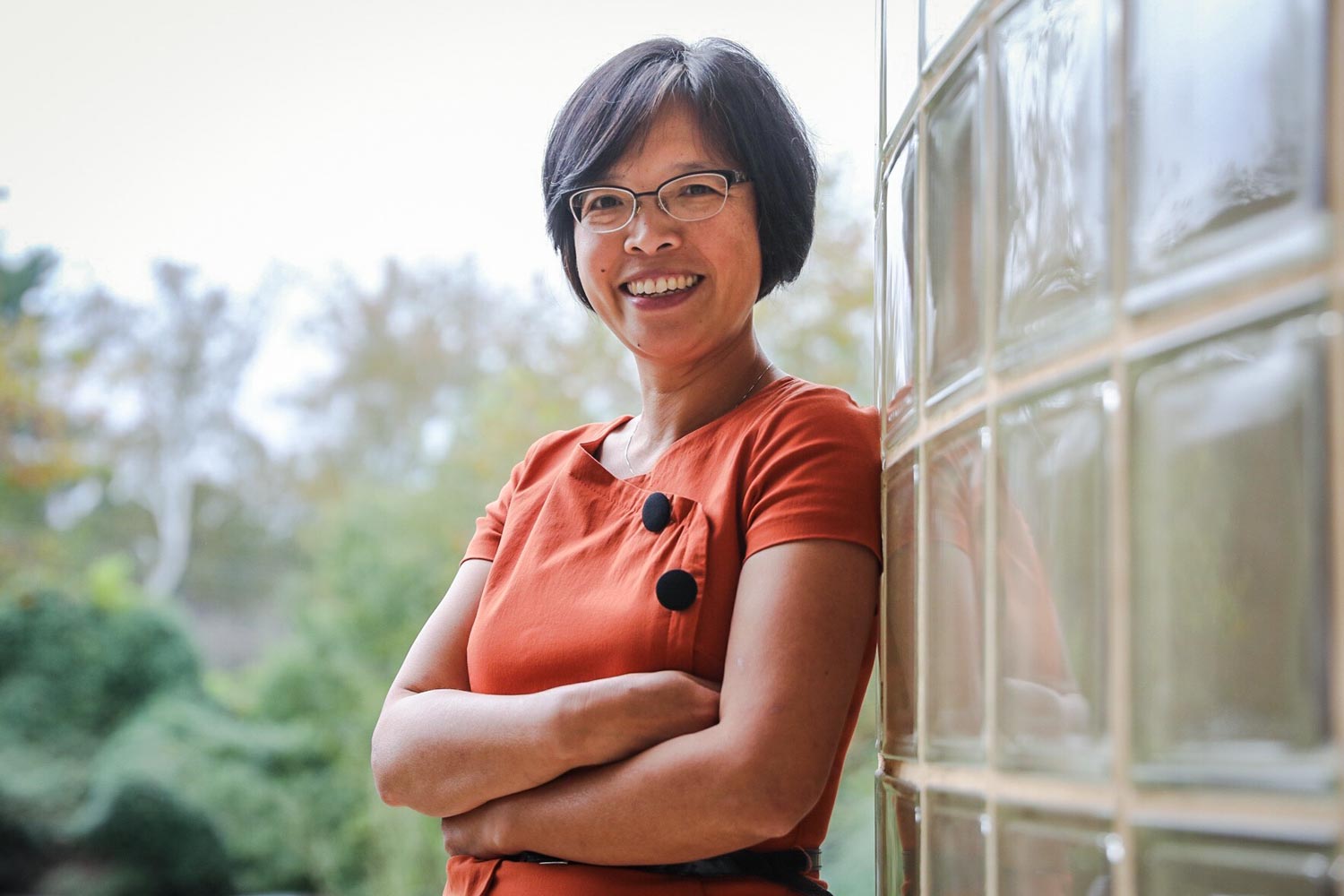In a report submitted to Virginia’s governor, the University of Virginia’s Weldon Cooper Center for Public Service has identified 33,555 addresses that were missing or incorrect in U.S. Census Bureau records, potentially adding more than 70,000 Virginians to the 2020 federal census.
Over a 120-day span, the Cooper Center reviewed as many as 1.5 million residential addresses in Virginia in preparation for the decennial census. (The U.S. Constitution requires a full count of every resident in the country every 10 years.)
On Wednesday, UVA Today caught up with Qian Cai, the director of the Demographics Research Group at the Cooper Center that put together the report, “Every Virginian Counts.”
Q. For those who may not know, why is it so important for the decennial census to be as accurate as possible?
A. The decennial census is a complete headcount of every single person living in the U.S. Like a family portrait, everybody matters.
The decennial census is important because it determines re-apportionment of the seats in the United States House of Representatives. It is also used in the allocation of hundreds of billions of dollars in federal funds each year to states and communities.
In addition, census data are the gold standard and foundation for many federal statistics, and serve as indispensable intelligence for governments, businesses and non-profits.
Q. Were you surprised at the number of missing or incorrect addresses that you turned up?
A. No, not really. To keep an updated and complete address file for the entire country is extremely challenging. That’s why the Census Bureau has the Local Update of Census Address program for state and local governments to help make the master address file used for the census as complete and accurate as possible.
Q. Do you believe other states have similar discrepancies, or is this unique to Virginia?
A. Yes, I believe other states have also found missing or incorrect addresses. A total of 45 states, including Virginia, participated in the [Local Update of Census Address] program.

Q. How was your team able to do so much work so quickly?
A. Our understanding of the importance of the census and dedication to ensuring a complete and accurate count of all Virginians motivated us to put in as much effort as we could. Our knowledge of each county and city’s housing and population changes, coupled with expertise in data sources and in [geographic information system technology] – both required for the review – enabled us to accomplish as much as we did in a very short time.
Q. How do you expect the 2020 decennial census to compare to the one in 2010?
A. Census is a cornerstone of our democracy. Everybody counts, and everybody matters.
In the 2010 census, 80 percent of Virginia households mailed the census forms back. The 20 percent that did not were subsequently visited/counted by census enumerators. Our hope for the 2020 census is that Virginians recognize the importance of having everyone counted and that our residents respond to the census in a timely manner.
The Cooper Center’s full nine-page report can be found here.
Media Contact
Article Information
October 10, 2018
/content/cooper-center-report-could-add-70000-virginians-2020-census-count

